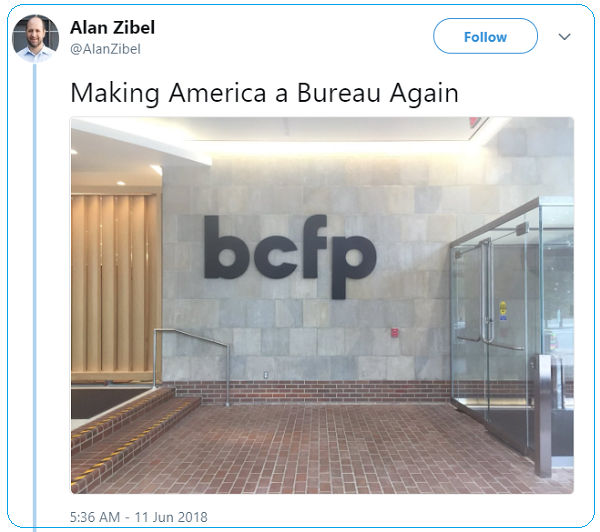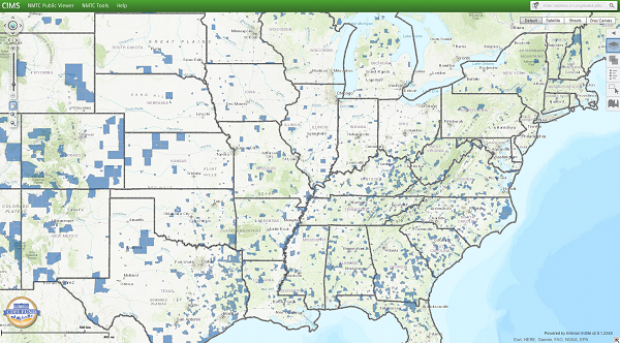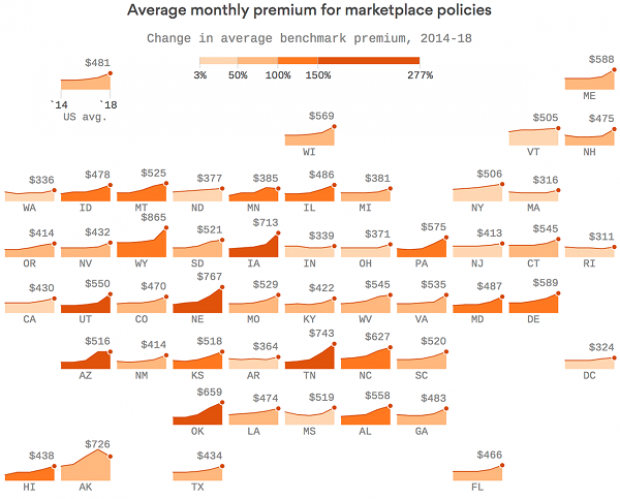End Game for the $20 Million 'Boondoggle That Won't Die'?
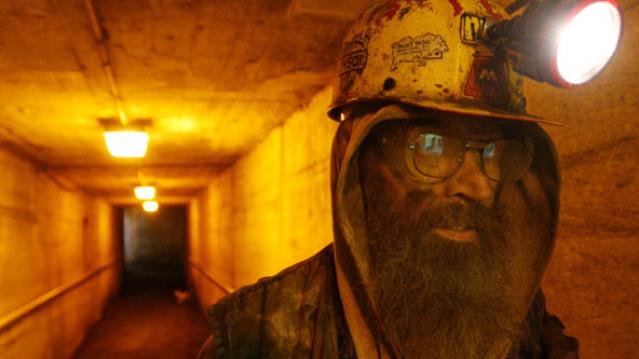
It has been called “the boondoggle that won’t die,” a decades’ old provision within the massive defense appropriations bill that requires a large U.S. Air Force and Army base 4,000 miles away in Germany to heat its facilities with anthracite coal mined in northeast Pennsylvania.
Although the utility at the military base in the small town of Kaiserslauntern in southwest Germany could readily purchase cheaper domestic coal or natural gas to fire its boilers, a legislative mandate dating back to the post-World War II era requires it to use 5,000 to 9,000 tons of Pennsylvania coal shipped overseas. Since 1972 each Department of Defense Appropriations Act has included an earmark requiring the Pentagon to purchase this coal.
Related: The $20 Million Political Boondoggle That Just Won’t Die
Taxpayers for Common Sense and about a half dozen other government watchdog groups have railed against the provision, which costs about $20 million a year, as one of the worst examples of waste in the budget. And late on Wednesday the House was scheduled to consider an amendment to the fiscal 2016 defense appropriations bill to finally knock it out.
Two Californians -- Democratic Rep. Jared Huffman and Republican Rep. Tom McClintock – have co-sponsored an amendment that would finally eliminate the resilient sop to Pennsylvania’s long-withering coal industry.
“It’s about time we stopped burning dirty coal – and taxpayer dollars – to power this military base,” Huffman said in a statement.
GOP Tax Cuts Getting Less Popular, Poll Finds

Friday marked the six-month anniversary of President Trump’s signing the Republican tax overhaul into law, and public opinion of the law is moving in the wrong direction for the GOP. A Monmouth University survey conducted earlier this month found that 34 percent of the public approves of the tax reform passed by Republicans late last year, while 41 percent disapprove. Approval has fallen by 6 points since late April and disapproval has slipped 3 points. The percentage of people who aren’t sure how they feel about the plan has risen from 16 percent in April to 24 percent this month.
Other findings from the poll of 806 U.S. adults:
- 19 percent approve of the job Congress is doing; 67 percent disapprove
- 40 percent say the country is heading in the right direction, up from 33 percent in April
- Democrats hold a 7-point edge in a generic House ballot
Special Tax Break Zones Defined for All 50 States

The U.S. Treasury has approved the final group of opportunity zones, which offer tax incentives for investments made in low-income areas. The zones were created by the tax law signed in December.
Bill Lucia of Route Fifty has some details: “Treasury says that nearly 35 million people live in the designated zones and that census tracts in the zones have an average poverty rate of about 32 percent based on figures from 2011 to 2015, compared to a rate of 17 percent for the average U.S. census tract.”
Click here to explore the dynamic map of the zones on the U.S. Treasury website.
Map of the Day: Affordable Care Act Premiums Since 2014

Axios breaks down how monthly premiums on benchmark Affordable Care Act policies have risen state by state since 2014. The average increase: $481.
Obamacare Repeal Would Lead to 17.1 Million More Uninsured in 2019: Study
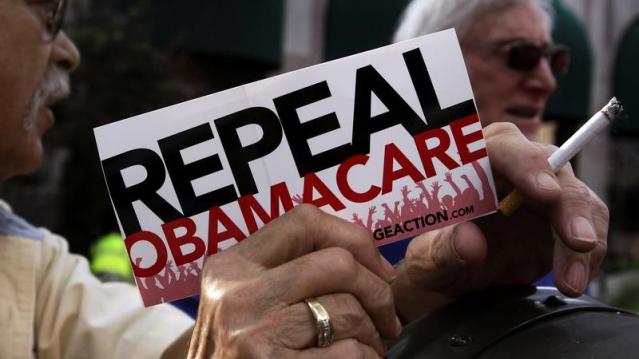
A new analysis by the Urban Institute finds that if the Affordable Care Act were eliminated entirely, the number of uninsured would rise by 17.1 million — or 50 percent — in 2019. The study also found that federal spending would be reduced by almost $147 billion next year if the ACA were fully repealed.
Your Tax Dollars at Work

Mick Mulvaney has been running the Consumer Financial Protection Bureau since last November, and by all accounts the South Carolina conservative is none too happy with the agency charged with protecting citizens from fraud in the financial industry. The Hill recently wrote up “five ways Mulvaney is cracking down on his own agency,” and they include dropping cases against payday lenders, dismissing three advisory boards and an effort to rebrand the operation as the Bureau of Consumer Financial Protection — a move critics say is intended to deemphasize the consumer part of the agency’s mission.
Mulvaney recently scored a small victory on the last point, changing the sign in the agency’s building to the new initials. “The Consumer Financial Protection Bureau does not exist,” Mulvaney told Congress in April, and now he’s proven the point, at least when it comes to the sign in his lobby (h/t to Vox and thanks to Alan Zibel of Public Citizen for the photo, via Twitter).
